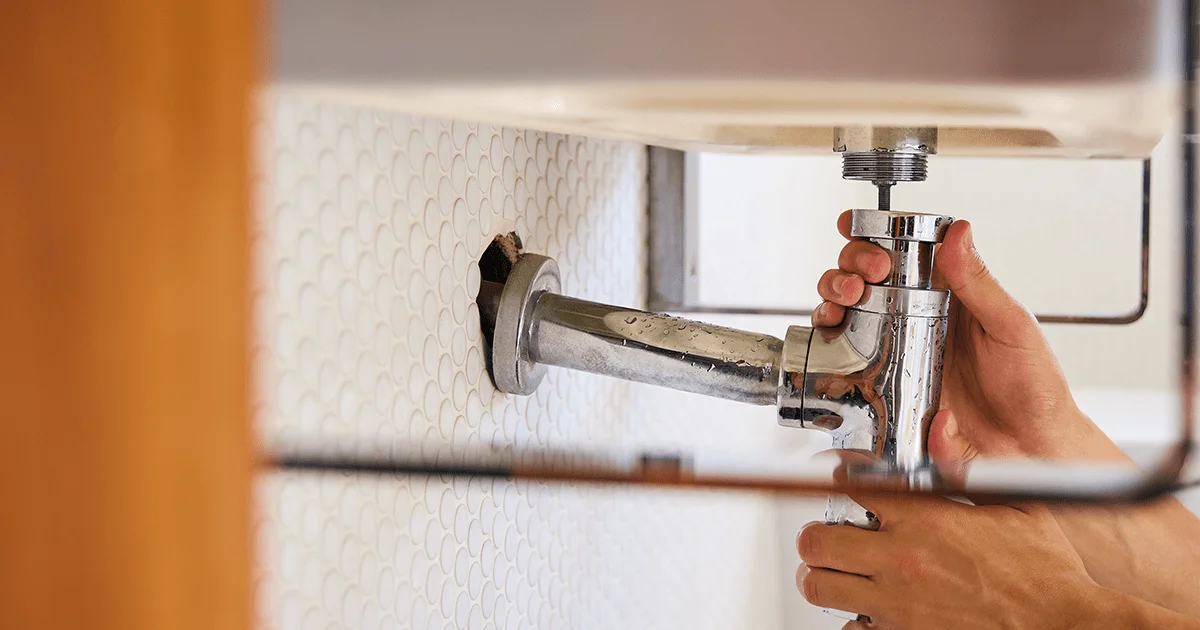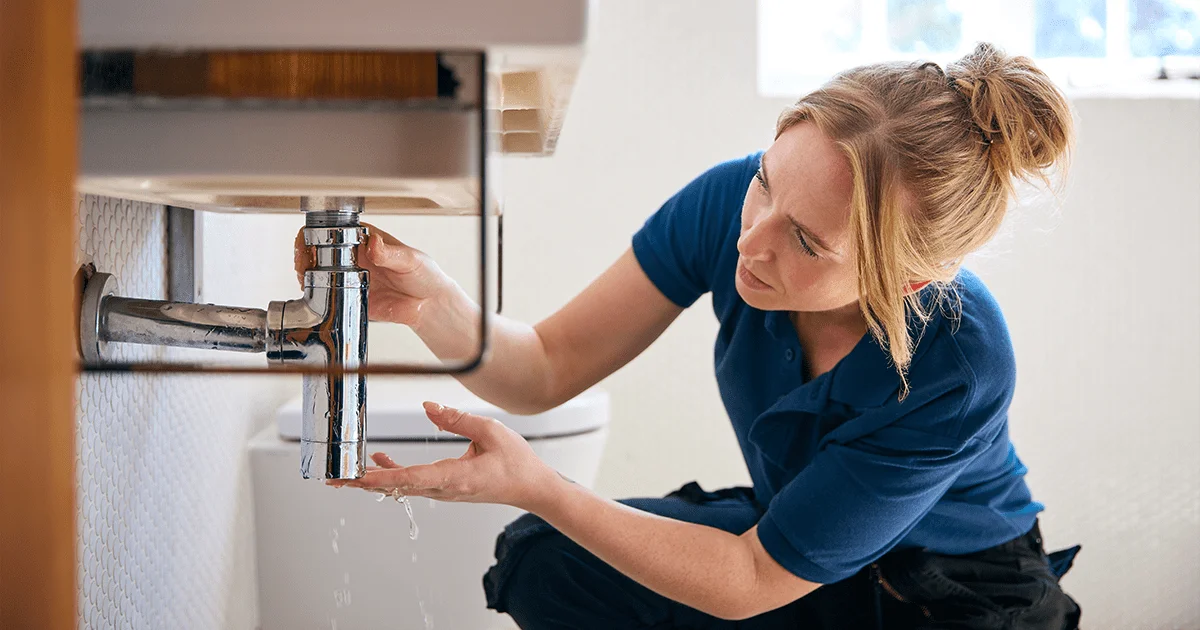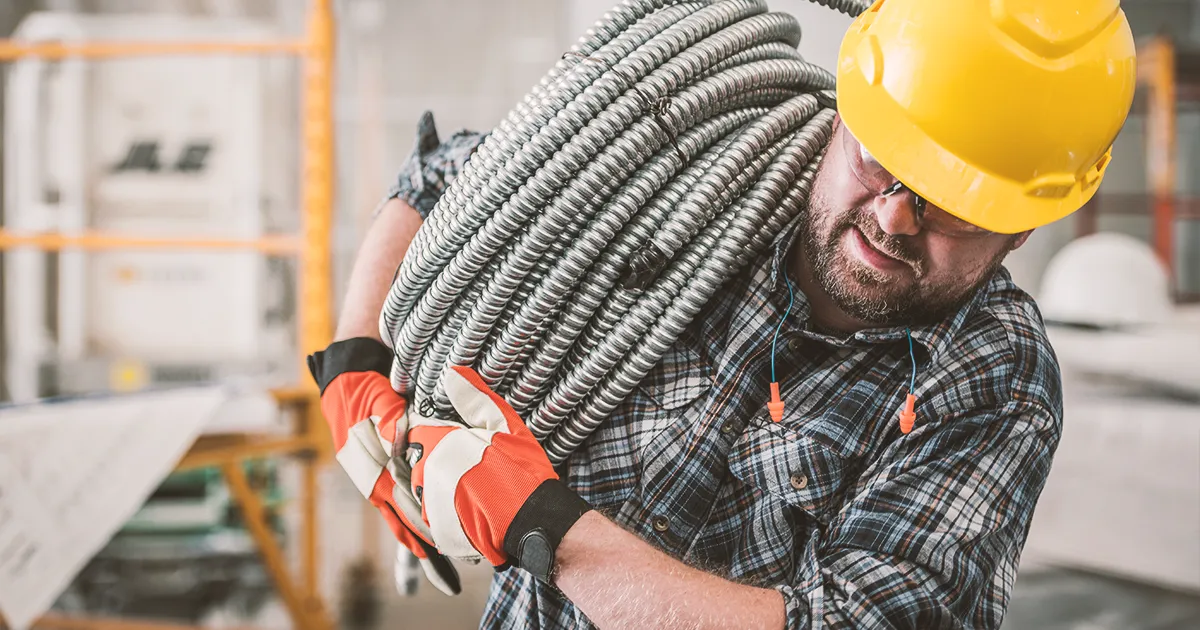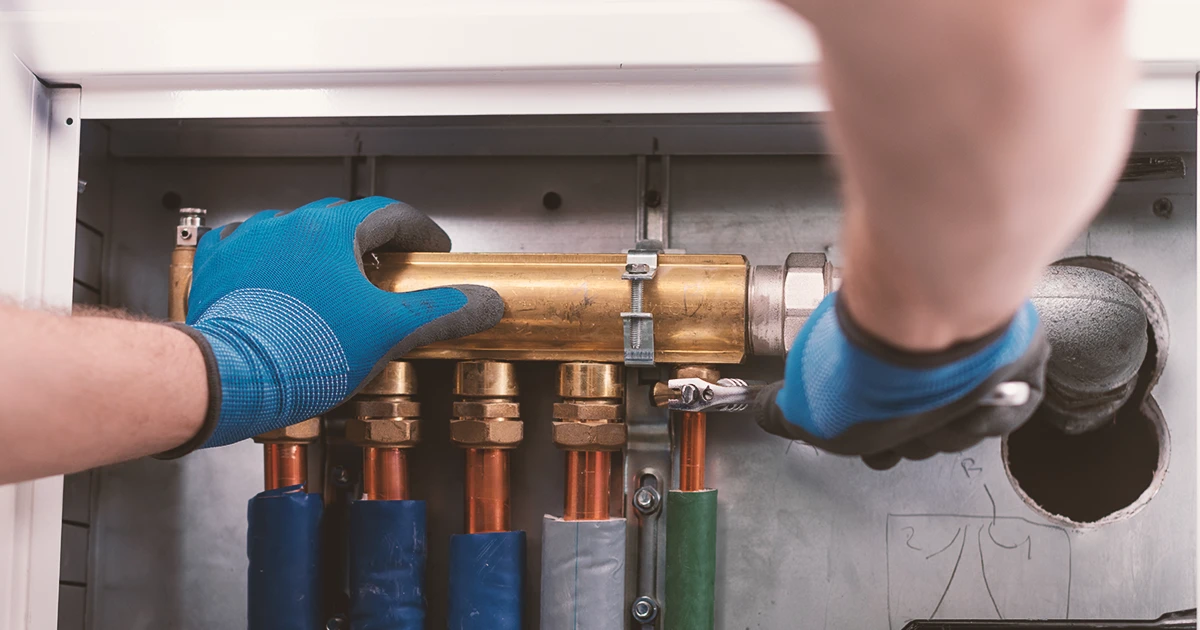A Practical Guide
The U.S. Bureau of Labor Statistics (BLS) projects that the demand for qualified plumbers will grow by 4% from 2019 to 2029. Plumbers are more than welcome in plenty of projects – commercial, residential, and public alike. Their skill set is valued, and a career in that field is indeed lucrative and rewarding.
Yet, if you feel like you’re long past the point when you could handle the workload on your own, perhaps it’s about time to consider hiring an apprentice. Granted, there’s plenty of fish to catch in the sea, but if you want a reliable helping hand in your business, it’s best to train your wannabe plumber and get them ready for the jobs to come.
Typically, apprentices assist journeymen and master plumbers with their daily tasks, and their journey to journeyman plumber might take anywhere from 3 to 5 years. As a master plumber, it is your duty to approach the training process diligently and well-thought-out. Not to worry—AroundWire will guide you every step of the way!
Setting the Stage
According to a study conducted by the National Center for Construction Education and Research (NCCER), structured training programs are far more effective than chaotic ones. They result in higher retention rates and improved skill acquisition, so think your training program through well in advance for it to be successful.
Good training should not only involve on-the-job learning. It must combine classroom instructions converting plumbing principles with on-site training for hands-on experience in real-world settings and, above all else, continuous mentorship from seasoned industry pros.
Combine them properly and watch your trainees grow as they go. Their growth will greatly contribute to the success of your plumbing business, so it’s in your best interests to make the most of it.
Time Spent on Hiring Is Time Well Spent
The U.S. Bureau of Labor Statistics presented data indicating that most successful apprentices often have nothing more than a high school diploma backing their expertise. However, this does not mean that a good plumbing apprentice mustn’t have some basic knowledge of how things work.
Pay attention to the candidates’ educational background when looking for an apprentice. They must have a strong foundation in relevant subjects like math, physics, and technical education. A good apprentice will be able to use that knowledge in their work on a daily basis.
Education alone doesn’t make a great plumbing apprentice. A go-getter attitude and a strong work ethic are the driving forces behind any individual’s professional success. Question your candidates during the interview to determine their professional goals, aspirations, and willingness to put in the work to achieve success.
Finally, the job of a plumber is physically demanding, so a good apprentice must be resilient enough to handle everyday routines with ease.
Let’s Hit the Dirt
Once you find the right recruit, it’s time to get to training. That’s where a thought-out training plan will come in real handy. It’s all about balancing between providing the theoretical basis and practical expertise. Only by combining the two will you be able to reach greater results for both your trainee and your plumbing business.
According to OSHA, proper safety training reduces workplace injuries by up to 50%. Hence, any plumbing apprenticeship must include safety matters in your training program.
Joggle carefully between explaining the fundamentals of plumbing systems and applying this knowledge in practical scenarios. That way, you’ll incorporate the best of both worlds, creating an effective synergy that will propel your apprentice to new professional heights.

Assess, Evaluate, Repeat
Assessing your apprentice’s skills is one of the things that you need to perform regularly. It will help you track their progress and make them more disciplined and motivated to hone their professional skills.
So, how do you assess a plumbing apprentice? Well, you can start by evaluating their understanding of theoretical concepts. Then, proceed to test practical abilities in real-world scenarios. Finally, regular performance reviews should be conducted to provide feedback on the apprentice’s overall performance and areas for improvement.
Beware the Underwater Rocks
No one said that training a plumbing apprentice would be easy. Knowledge gaps, motivation issues, and trying to balance work and learning are just some of the issues encountered during the training period.
Resolving every issue requires a particular approach, but general guidelines include regularly providing additional resources and support. It will help address existing knowledge gaps through additional tutoring and learning resources.
Remember that a motivating work environment, where people are recognized for their achievements and incentivized for their efforts, improves performance and increases effectiveness. Finally, don’t push your apprentice; ensure they have enough time to study and practice.
Opportunities Ahead
In conclusion, it’s important to note that training a plumbing apprentice shouldn’t be viewed as a waste of your time and energy. On the contrary, it’s an investment worth taking! First and foremost, the skills and expertise your apprentice will gain in the process will help them skyrocket your plumbing business in the future.
In addition, a good apprentice might even outgrow their mentor, bring fresh ideas and concepts to the table, experiment, and contribute to the common cause.
Approach apprenticeship training as you would tutoring for your children. Care for the trainees and foster a healthy work environment for them. It’s well worth it!




